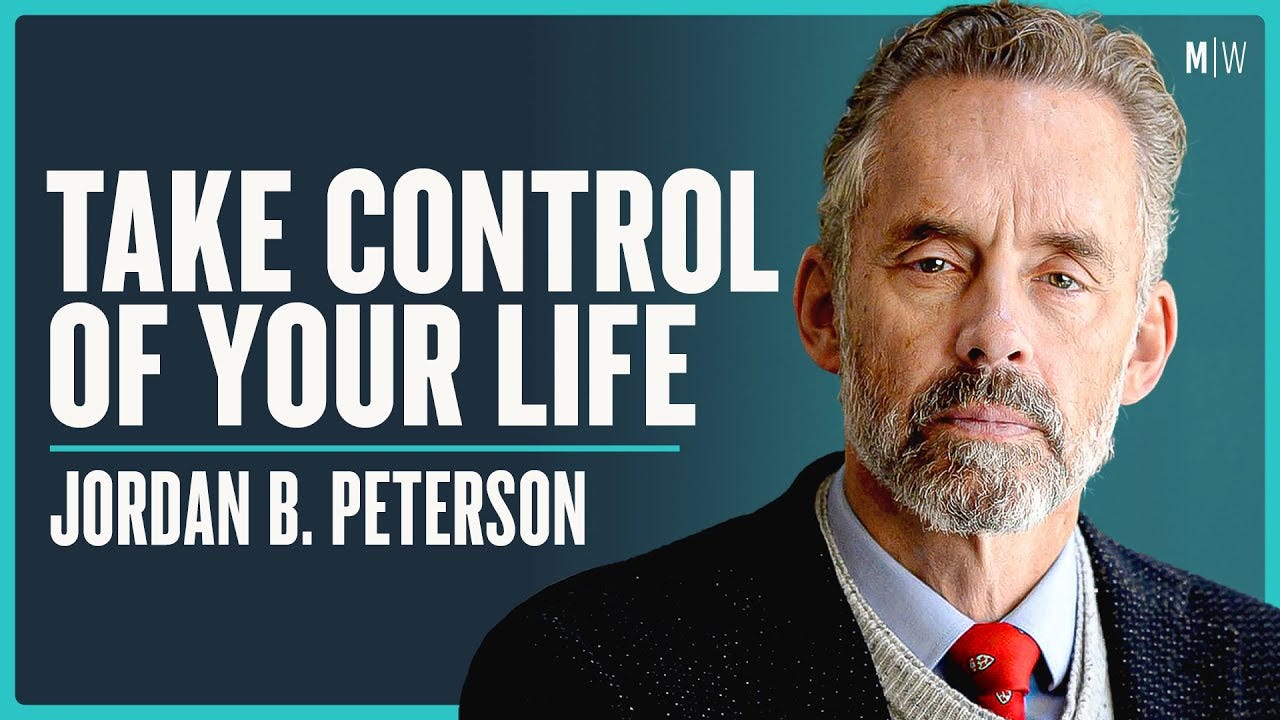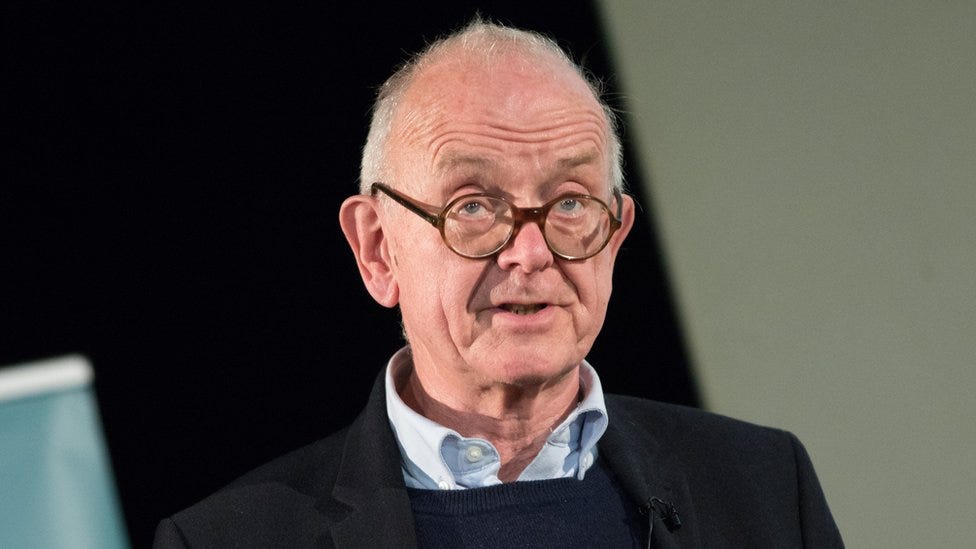Happy Christmas Eve!
And welcome to the 12 Days of Me-Mas. Yes, it’s one of those passive-aggressive “I see you haven’t read everything I’ve written this year, let me force it down your gullet as if you are a foie gras goose and my prose is 10lb of finest grain” end-of-year roundups that writers can’t stop themselves from doing.
Helen
The Identity Hoaxers (Atlantic)
Grabowski certainly believed him. More than that, she recognized him. After reading his book, she decided to go public with her own story of surviving the death camps, and of being left infertile after Nazi medical experiments. She wrote Wilkomirski a letter saying that she had been in some of the places he described in Fragments. According to Blake Eskin’s A Life in Pieces, the pair bonded over their memories of the same girl, Ana, and the blood disorders they both had, which they attributed to the medical experiments conducted by Mengele. The group of child survivors Grabowski met with in Los Angeles invited him to visit. When she met Wilkomirski, she said: “He’s my Binji, that’s all I know.”
It is hard to speculate what could have been going through the two child survivors’ minds when they met the first time in Los Angeles. Did it feel like relief—or a high-stakes poker game? Because, as it turned out, they were both lying.
What Happened to Jordan Peterson? (Atlantic)
The Peterson of Beyond Order, that preacher of personal responsibility, dances around the question of whether his own behavior might have contributed to his breakdown. Was it really wise to agree to all those brutal interviews, drag himself to all those international speaking events, send all those tweets that set the internet on fire? Like a rock star spiraling into burnout, he was consumed by the pyramid scheme of fame, parceling himself out, faster and faster, to everyone who wanted a piece. Perhaps he didn’t want to let people down, and he loved to feel needed. Perhaps he enjoyed having an online army glorying in his triumphs and pursuing his enemies. In our frenzied media culture, can a hero ever return home victorious and resume his normal life, or does the lure of another adventure, another dragon to slay, another “lib” to “own” always call out to him?
Either way, he gazed into the culture-war abyss, and the abyss stared right back at him.
For two decades, Great Lives on Radio 4 has explored what it takes to change the world. But Helen Lewis wants to ask a different question: what does it take to live with someone who changes the world?
This series gave me a chance to talk about serious subjects while doing Jane Austen jokes. Bliss.
The Spark: Karen Stenner on authoritarianism
There was so much good stuff in this interview with Karen Stenner on the “authoritarian predisposition” that my personal favourite section had to be cut for time. (I want to return to the subject in future, so I won’t say what it is.) Stenner argues that an inclination towards political systems that prioritise “oneness and sameness” is held by a third of the population (slightly more on the right than left) and it’s partly heritable. So liberal democracies need to live with their in-house authoritarians, and find out how to deal with their concerns.
The Problem With Being Cool About Sex (Atlantic)
Porn-aggregator sites, to take one example, use algorithms, just like the rest of the internet. Pornhub pushes featured videos and recommendations, optimized to build user loyalty and increase revenue, which carry the implicit message that this is what everyone else finds arousing—that this is the norm. Compare porn with polarized journalism, or even fast food: How can we untangle what people “really want” from what they are offered, over and over, and from what everyone else is being offered too? No one’s sexual desires exist in a vacuum, immune to outside pressures driven by capitalism. (Call it the invisible hand job of the market.)
Did I write this entire 3,000 word piece just to make one Adam Smith joke? No. Was I overjoyed that it happened? Yes.
The Spark: Henry Marsh on assisted dying
Henry Marsh is a brain surgeon—and has literally watched people die as he is working inside their heads to save them. That gives him a forceful perspective on assisted dying, as does his own terminal cancer diagnosis. Clear, unsentimental and informative, he was a delight.
Honourable mentions: I loved interviewing the van Tulleken twins about their relationship with food and each other; I stuck my hand into the bear trap of writing about Dave Chappelle and survived, and I upset everyone else on Substack by making jokes about people who use Substack.
Best of the Bluestocking: as well as the usual weekly links and commentary, this year in the Bluestocking I wrote at length about Russell T Davies’s award-winning AIDS drama It’s A Sin; the cursed Terry Pratchett television adaptation; and the memetic prose of Sally Rooney.
Quick Links
The guy who put Chris Whitty in a headlock does seem like one of history’s greatest planks.
I got a bit grumpy about the Guardian noting that some people considered Joan Didion an “overprivileged white woman” in its coverage—it read like a pre-emptive apology for liking someone potentially #problematic—but to be honest, it could have been worse. Check out this obit of the historian Norman Stone. Dead? He certainly was after this: “Journalists often described him as ‘one of Britain’s leading historians’, but in truth he was nothing of the kind, as any serious member of the profession will tell you.”
That’s all for now. We return to baseline levels of self-aggrandisement next week. Happy Christmas!








Brilliant as ever, Helen. Many thanks, Merry Christmas and keep the passive aggression coming in 2022.
Thanks so much for the excellent Karen Stenner piece. Tremendously useful for the US of the moment, and otherwise. Her command of her subject matter seemed total.